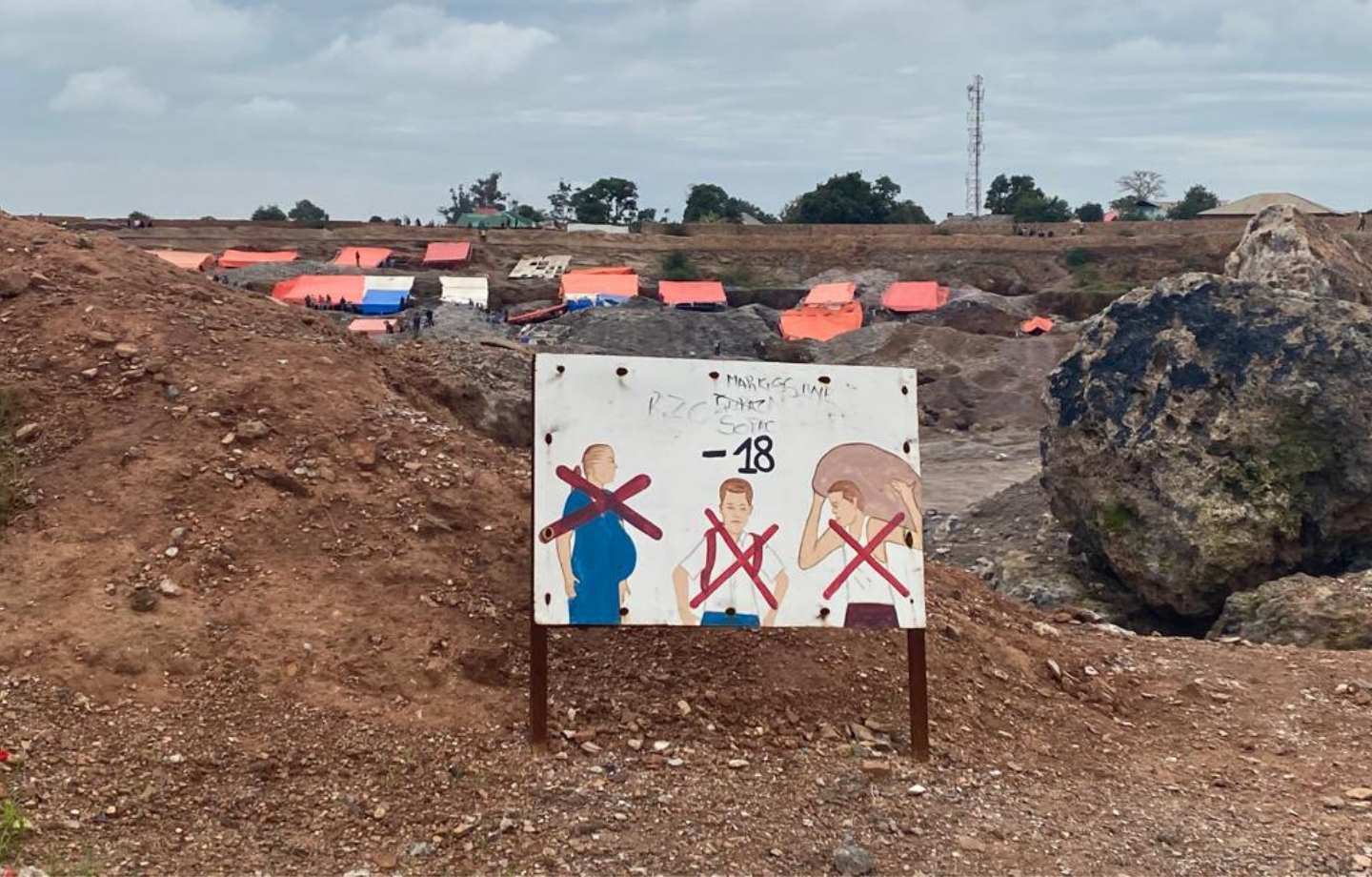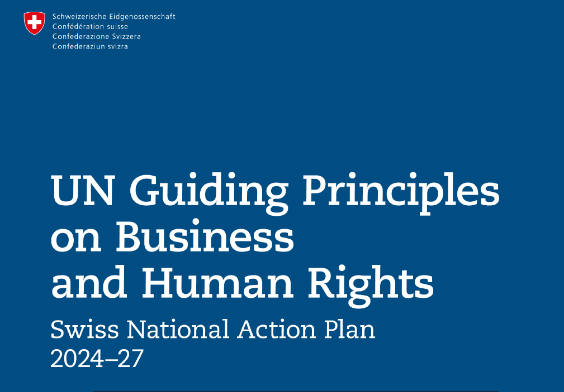
Dorothée Baumann-Pauly
Dorothée Baumann-Pauly is the Center’s research director. She oversees the Center's research activities, including development of academic publications, case studies, the Center’s forthcoming textbook, and other teaching resources. She holds a PhD in Economics from the University of Zurich (Switzerland) and MA degrees in management and political science from the University of Constance (Germany) and Rutgers University of New Jersey. She joined NYU Stern in June 2013. Dorothée has split her career between academia and corporate social responsibility (CSR) practice. As a project officer and consultant for the Fair Labor Association, she helped revise the organization’s core program by developing assessment and impact measurement methodologies. She also oversaw supply chain auditing activities and supported workers’ representation projects in China. Dorothée worked as MFA-Forum country program manager at the London-based thinktank AccountAbility, managing multi-stakeholder dialogues in Bangladesh, Morocco, and Lesotho. Dorothée teaches CSR, Business and Human Rights and Business Ethics at HEC Lausanne (Switzerland) and NYU Stern. In 2013, she published a book entitled Managing Corporate Legitimacy – A Toolbox (Greenleaf Publishing). You can contact Dorthée by email at dbaumann@stern.nyu.edu.
Publications
Cobalt Mining in the Democratic Republic of the Congo: Addressing Root Causes of Human Rights Abuses
Research director Dorothée Baumann-Pauly published a white paper in collaboration with the Geneva Center for Business and Human Rights which assesses ASM formalization projects. Her work highlights that the extraction from open pits and the integration of women are key success factors for addressing root causes of mine safety risks and child labor.
Seeking A ‘Smart-Mix’: Multi-Stakeholder Initiatives and Mandatory Human Rights Due Diligence
In our white paper, we delve into the role of Multi-Stakeholder Initiatives (MSIs) in defining and implementing industry-specific human rights standards, highlighting their potential to shape meaningful corporate practices with government support.
Making Mining Safe and Fair: Artisanal Cobalt Extraction in the Democratic Republic of the Congo
We published a white paper in collaboration with the World Economic Forum which assesses recent approaches to formalizing artisanal and small-scale mining of cobalt. The learnings from the cobalt context in the DRC can help guide companies on how to address human rights issues in their global mineral supply chains and improve working conditions of more than 40 million people in artisanal mining worldwide.
Made In Ethiopia: Challenges In The Garment Industry’s New Frontier
We published a report examining how the global apparel industry operates in Ethiopia. The report features a set of nine recommendations for how the industry and the Ethiopian government, foreign manufacturers, and Western brands can address the human rights challenges created by the lowest wages in the entire global supply chain for clothing.
Combating Russian Disinformation: The Case For Stepping Up The Fight Online
The report provides a detailed examination of Russian disinformation campaigns and recommends a series of steps that industry and governments can take to overcome this and future digital threats to democracy.
Five Years After Rana Plaza: The Way Forward
The Center’s report on factory safety in Bangladesh, finds that efforts by Western brands and retailers have resulted in safer factories but thousands of additional facilities still require remediation.
First Textbook on Business and Human Rights Aims to Close the Educational Gap for Next Generation of Leaders
In a global economy, multinational companies often operate in jurisdictions where governments are either unable or unwilling to uphold even the basic human rights of their citizens. As part of its work to educate the world’s future business leaders, the NYU Stern Center for Business and Human Rights today released the first comprehensive, interdisciplinary textbook on the human rights challenges facing businesses – and how to approach solutions.
Beyond The Tip Of The Iceberg: Bangladesh’s Forgotten Apparel Workers
The Center published an interactive map showing Bangladesh's 7,000 garment factories. This number is almost double prior estimates, shining a light on the scale of sub-contracting in global fashion supply chains. The map and accompanying report, were the result of a year-long study in which the Center systematically examined official records and conducted a survey of almost 500 factories
Business As Usual Is Not An Option: Supply Chains And Sourcing After Rana Plaza
The collapse of Rana Plaza, which killed over 1,100 workers, revealed the safety risks and poor working conditions endemic in the Bangladeshi garment industry. On the basis of over 100 interviews and two convenings in New York and Dhaka, which brought buyers together with their local suppliers, we identified indirect sourcing as the problem most in need of greater attention.
Quick Takes

NYU Stern Center for Business and Human Rights second response on its Bangladesh research to the Penn State Center for Global Workers Rights and associated scholars
NYU Stern Center for Business and Human Rights second response on its Bangladesh research to the Penn State Center for Global Workers Rights and associated scholars
February 26, 2016Teaching Resources

The Case for Human Rights in Business Education–A Tool Kit
Representatives from various business schools have crafted a concise toolkit, providing insights and resources for integrating human rights into business school education.

Teaching case: Digging into the ethics of cobalt mining
As demand grows for the material used in batteries, this MBA-style case study explores ethical dilemmas over unregulated mines in the Democratic Republic of Congo.

How New Business Models Can Address Human Rights Risks in the Cobalt Supply Chain
This paper maps existing efforts to establish responsible sourcing strategies for cobalt from the Democratic Republic of the Congo (DRC). It highlights the need to address the systemic human rights risks of artisanal mining practices that are a business reality in the DRC. It assesses the prospects of formalizing artisanal mining practices

No Rights Without Remedies — An Assessment Of Corporate Remedy Channels
The Center finds that a quarter of the 369 companies we analyzed publicly committed to respecting human rights without implementing any means to pursue remedies or address violations.

Bangladesh Factory Safety – Four Years After Rana Plaza
The Accord and Alliance programs have one year left in their collective efforts to make the Bangladeshi garment industry safe and sustainable. What have they have achieved to date and what remains to be done?

















